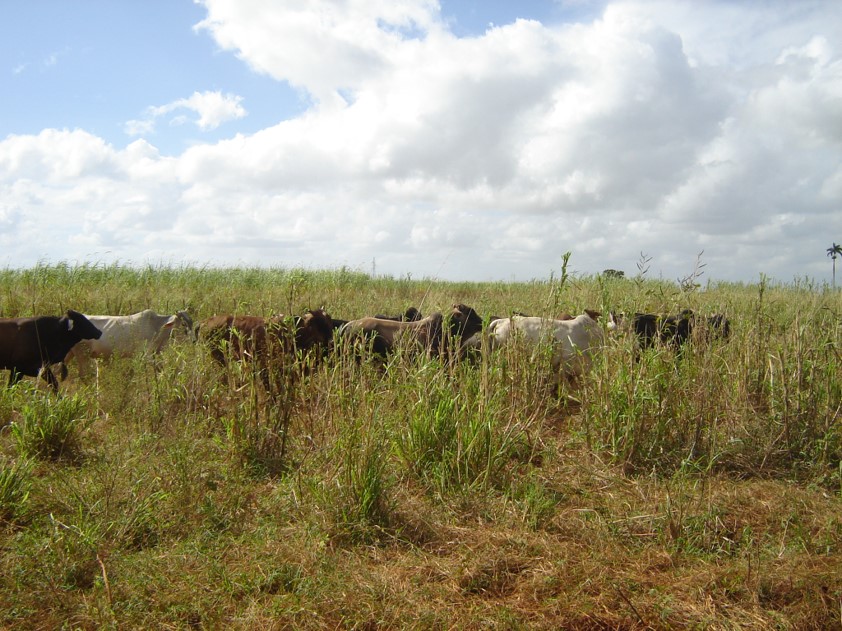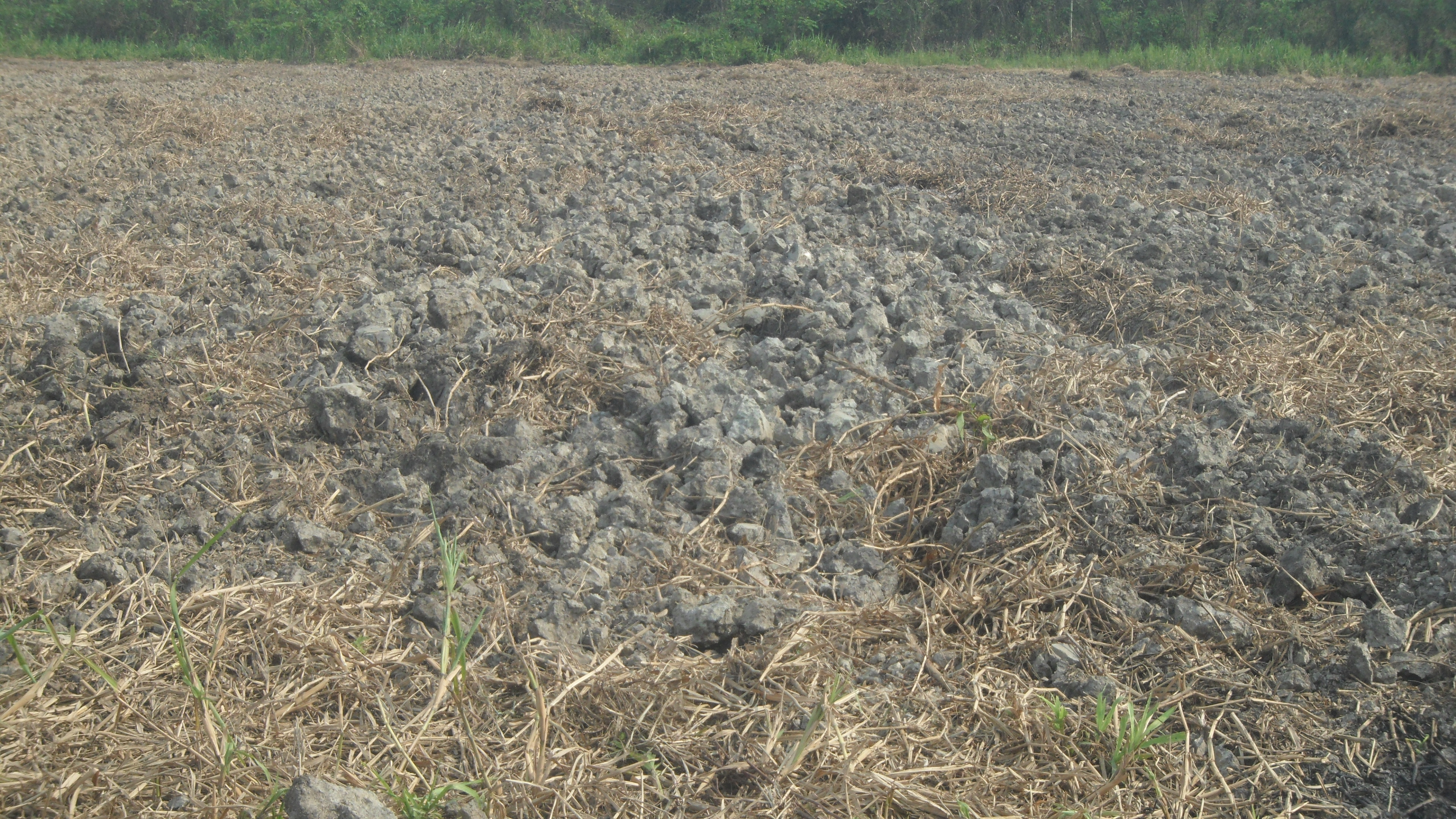The impact of climate change on soil fertility, food production and water quality
(Edited)
Climate change, is a global phenomenon characterized by the increase in temperatures and the alteration of weather patterns, is having a profound impact on various aspects of our planet, among them, soil fertility, food production and water quality are particularly affected, generating serious implications for food security and human health

The soil, is a fundamental natural resource for life, is affected by climate change in multiple ways, including an increase in temperature since higher temperatures accelerate the decomposition of organic matter, decreasing the amount of stable humus that is an essential component for soil fertility and organic matter. According to Roa (2002), in addition, high temperatures favor evaporation, which can lead to drought and desertification. Changes in rainfall also influence, prolonged droughts and torrential rains alter the structure of the soil, favoring erosion and the loss of nutrients floods, on the other hand, can contaminate soils with sediments and harmful substances.

In the same vein, we can mention that soil degradation, combined with other effects of climate change, has a direct impact on food production, such as, for example, the decrease in crop yields because high temperatures, drought and floods can affect the availability of food. According to García et al. (2000), climate change can also favor the proliferation of pests and diseases that affect crops, increasing losses and the need to use pesticides. Changes in temperatures and rainfall can force agricultural producers to move to areas suitable for growing certain foods, forcing farmers to adapt or change their activity. As for plants, water stress and high temperatures can affect the nutritional quality of food, decreasing its nutrient content.
On the other hand, climate change also influences water quality in various ways, as droughts reduce the amount of water available for human consumption, agriculture and industry. Heavy rains can drag fertilizers and other pollutants from agricultural fields into water bodies, causing eutrophication and the proliferation of harmful algae.
Dear readers, climate change represents a serious threat to soil fertility, food production and water quality, these three elements are interconnected and their deterioration has serious consequences for food security, human health and the balance of ecosystems. It is essential to implement urgent measures to mitigate climate change and adapt agricultural and water management practices to the new conditions. Some of these measures include:
- Reduce greenhouse gas emissions: Move towards renewable energies, improve energy efficiency and promote sustainable agricultural practices.
- Promote soil conservation: Implement conservation tillage, crop rotation and reforestation techniques to prevent erosion and improve fertility.
- Efficiently manage water resources: Optimize irrigation, promote water reuse and protect aquatic ecosystems.
Thank you for reading our articles, until a next publication
| Bibliographic references |
|---|
- Roa, J. (2002). Basic foundations of environmental processes. Feunet. Táchira, Venezuela.
- García, M. et al. (2000). Environmental education. Fedupel. Caracas, Venezuela.
Sources
- Photography and images: The photographs used are the property of the author @amestyj
- Agrotecnia banner: made by the author @amestyj with own images
- Hive Banner: Designed by the author @amestyj with image owned by hive.



0
0
0.000
Thanks for your contribution to the STEMsocial community. Feel free to join us on discord to get to know the rest of us!
Please consider delegating to the @stemsocial account (85% of the curation rewards are returned).
You may also include @stemsocial as a beneficiary of the rewards of this post to get a stronger support.